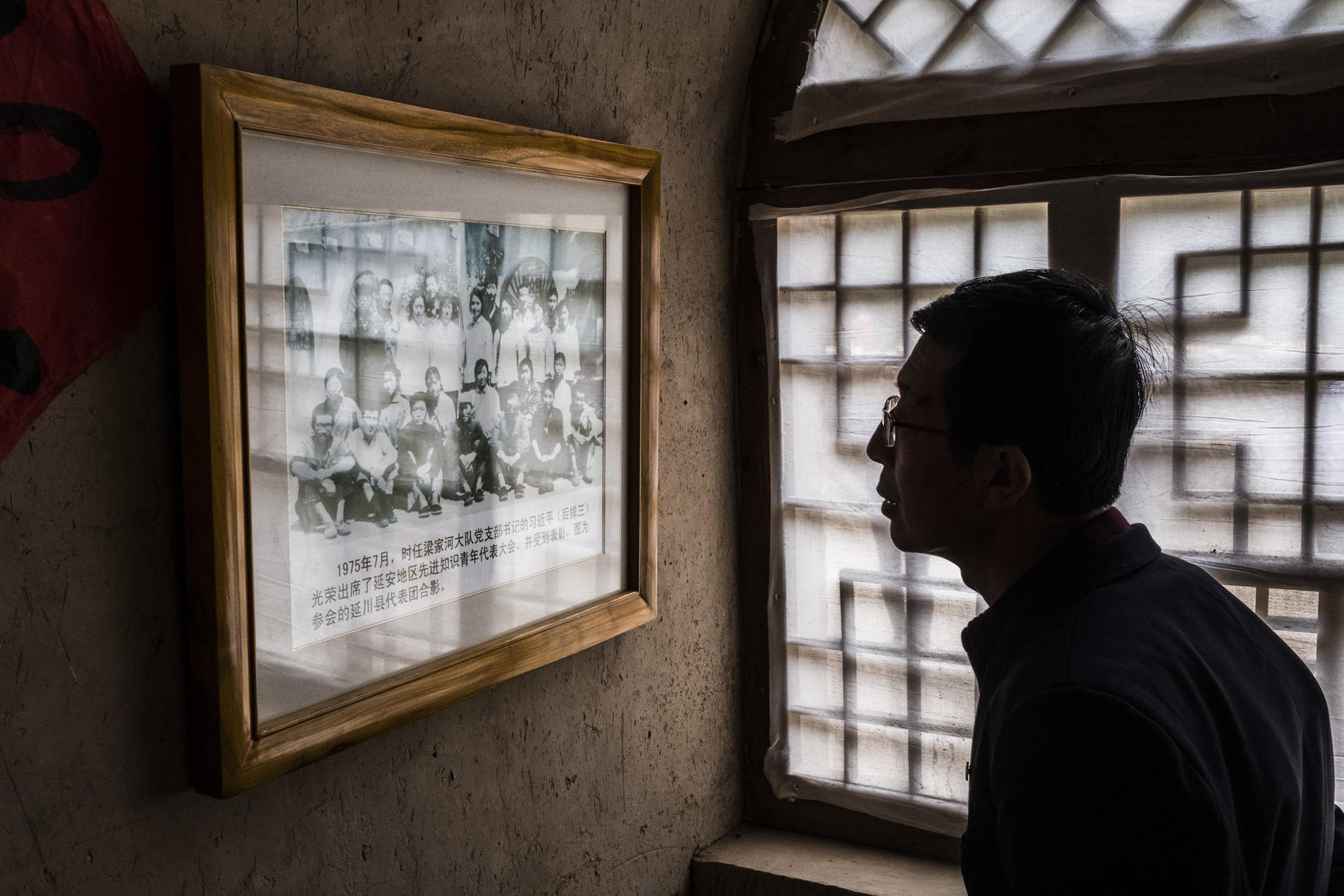China’s Communist Party leaders meet in Beijing starting tomorrow for the 19th Party Congress, a pivotal gathering that establishes the political tone and selects leadership for the party for the next five years. The week-long meeting focuses primarily on domestic political issues, but the event may signal future steps in two key areas of China’s foreign policy: the Belt and Road Initiative and regional stability.

First, the formal documents that come out of the Party Congress may provide insight into President Xi Jinping’s commitment to his signature foreign policy project – the Belt and Road Initiative. This ambitious plan to build trade and infrastructure networks across Asia, Europe and Africa promises economic growth, stability and increased connectivity for countries around the globe. But it faces a number of challenges, including that many of these projects are in countries experiencing violent conflict or political instability, and the risk of non-performing loans may strain China’s banking system.
The political work report released at the end of the Party Congress may offer clues as to whether Xi plans to prioritize this effort in the future, or take a more measured approach to manage expectations about what the initiative can achieve.
Investment in Conflict Zones
If the Belt and Road Initiative occupies a prominent place in the report, that may be a sign that the government is confident in the project’s progress and promise, and committed to its success. Conversely, if the report does not emphasize the initiative, that may suggest that the leadership seeks to lower expectations and shift the focus elsewhere.
Such a decision could reflect concerns about the challenges the initiative has encountered to date, and the overall difficulty of investing in conflict-affected areas, protecting China's people and assets overseas, and managing the political nuances related to the various projects. It also might be a sign that the leadership wants to focus more on domestic priorities, including economic growth and stability and control over disputed territories.
Military Leadership Reshuffle
Second, the extensive military leadership reshuffle expected during the Party Congress may provide insight into how Xi will approach questions of regional stability. For example, if he promotes his associates to the Northern Theatre Command leadership or chooses Navy admirals to sit on the Central Military Commission, that could signal a shift from an army-led command focused on protecting its land border to a navy-led command that could conduct joint operations and project offensive power, providing the leeway to exert more influence in the region.
With the party consumed by preparations for this monumental, twice-a-decade event and key figures positioning themselves in advance, the aftermath of the leadership transition might free Xi politically to work with the United States and others to seek creative solutions to issues such as the North Korea crisis. On the other hand, once his power is consolidated, he might decide to adopt a more assertive, nationalistic approach.
So while the coming week’s Chinese Communist Party Congress will be watched closely for domestic developments in the world’s most populous country, it will inevitably signal—or at least make way for—paths forward on key foreign policy tests for President Xi and the globe.



